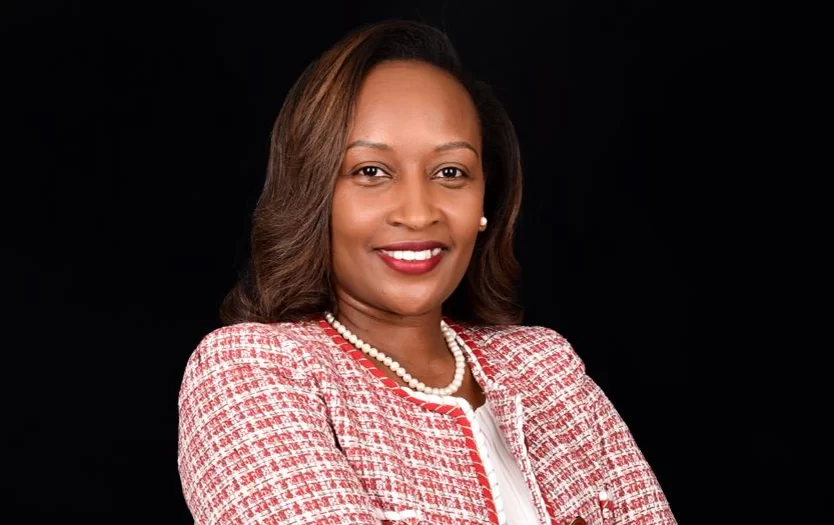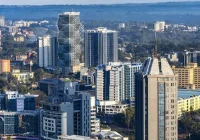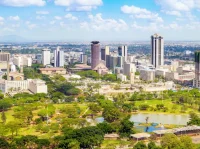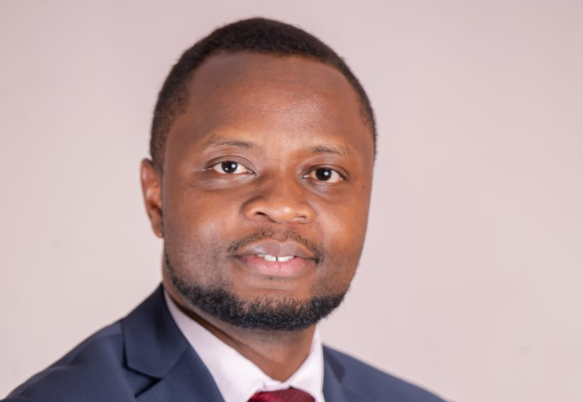By Njeri Jomo – Chief Executive and Principal Officer, Jubilee Health Insurance.
When was the last time you felt unwell but chose to self-medicate instead of seeing a doctor? Did you finish the prescribed dose the last time you took antibiotics? If you’re like most people, the answer is probably no.
Across the country, many individuals resort to self-medication, skipping necessary consultations and not completing prescribed treatments. The consequence? The real health issue remains undiagnosed, symptoms resurface, and what started as a mild condition grows into a severe, expensive, and sometimes life-threatening problem. This is the silent health crisis we don’t talk about enough—one driven by financial constraints that prevent people from accessing timely, quality healthcare.
Healthcare is a necessity, yet access to quality medical attention remains a privilege for many. Without structured health financing, people delay seeking care, hoping minor ailments will resolve themselves. The reality, however, is that untreated conditions worsen over time. A simple infection, when ignored, can lead to complications requiring hospitalization. A skipped consultation due to financial constraints can allow a preventable disease to spiral into an irreversible condition.
The financial impact of this delay is staggering. Many families without health insurance face crippling out-of-pocket expenses when a medical emergency arises. What could have been a small, manageable cost with timely intervention turns into a hefty bill—sometimes wiping out savings or leading to debt. The paradox is that by attempting to save money today, many people end up spending significantly more in the long run.
A study among healthcare workers in Kenya revealed that the prevalence of self-medication increased from 36.2% before the COVID-19 pandemic to 60.4% during the pandemic. This highlights the widespread nature of self-medication, often due to a lack of financial access to proper healthcare services.
Across Africa, the challenge extends beyond self-medication—only 17% of the continent’s population has access to health insurance, with some countries reporting coverage for less than 1%. This alarming gap in healthcare financing leaves millions vulnerable, forcing them to make impossible choices between medical care and financial survival.
This is where health insurance steps in—not as a luxury, but as a necessary tool to bridge the gap between medical needs and financial capability. A good health insurance plan ensures that you don’t have to choose between your health and your wallet. It allows individuals to seek medical care at the right time, ensuring early diagnosis, correct treatment, and access to the right medication.
The difference between an insured and an uninsured individual is stark. With coverage, you can walk into a hospital without hesitation, knowing that your financial burden is already accounted for. Without it, a simple visit to a specialist or a diagnostic test becomes a daunting financial decision, often leading to delays that cost more in the future—both in terms of health and money.
Companies like Jubilee Health Insurance are leading the way in making healthcare more affordable and accessible. Through innovations such as installment-based payments and online purchasing options, they are bridging the financial gap for many individuals and families. Beyond covering medical costs, these initiatives also promote preventive healthcare—encouraging routine check-ups, wellness programs, and timely interventions that reduce the need for critical care.
Yet, only 17% of the African population has access to health insurance, with some countries reporting coverage for less than 1% of their populations. This stark disparity emphasizes the urgent need for stronger health financing structures to ensure more people can access medical care without financial hardship.
The reality is that health crises are inevitable. Accidents happen. Chronic illnesses develop. Pandemics strike. The question is, will you be prepared when the unexpected occurs? Health insurance ensures that when the time comes, your primary focus will be on recovery—not on how to pay the bill.
Don’t wait until it’s too late. Waiting until illness strikes to think about health financing is a dangerous gamble. The time to get covered is when you’re healthy when you have the power to make a proactive choice. The cost of inaction is far greater than the cost of a health insurance premium.
Let’s shift our mindset from reactive to proactive healthcare. Let’s embrace health financing as the safety net that allows us to seek care when we need it most. Because when it comes to your health, delaying treatment is never an option.













Leave a comment